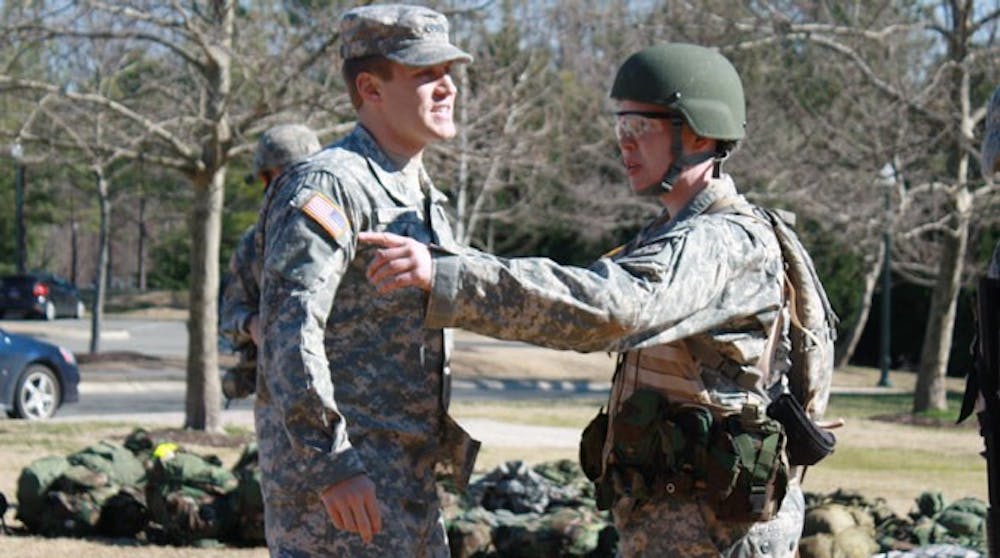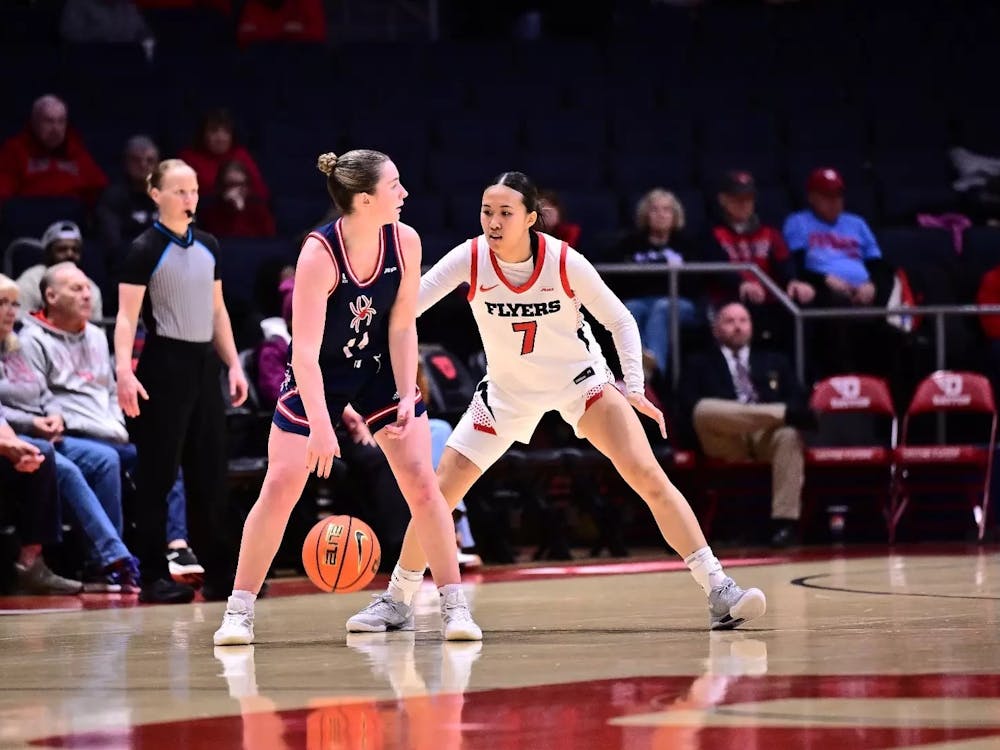Thomas Haynesworth, a Richmond man who was charged with a series of rapes and later exonerated, spoke about his feelings throughout the 27-year process at the T.C. Williams School of Law at 4 p.m. on Jan. 25.
From Jan. 3 to Feb. 1, 1984, a series of rapes took place within a one-mile radius of Richmond. The residents of this small community were terrified of the unknown perpetrator who identified himself to his victims as "The Black Ninja," said Charisse Hines, president of the Richmond American Constitution Society.
On Feb. 5, 1984, 18-year-old Haynesworth was walking to a local market to pick up groceries for his mother, Hines said. Haynesworth was arrested by local police on charges of rape. He had no criminal history before the arrest.
After each of the five victims identified Haynesworth as his or her attacker, and a bundle of circumstantial, eyewitness-based evidence was presented, Haynesworth was sentenced to 84 years in prison, Hines said.
"Thomas never took his anger out on anyone," Hines said. "Because he knew that someday, somehow, his innocence would be proven."
Haynesworth earned his GED, studied six trades and took college courses while he was serving time in Greensville Correctional Center.
In 2009, Haynesworth sought help from the Mid-Atlantic Innocence Project, and DNA results implicated that a man named Leon Davis was the assailant, Hines said.
In 2010, Kenneth Cuccinelli, attorney general of Virginia, became involved in the case.
"The case came across my desk ,and I thought to myself, 'This guy might be innocent,'" Cuccinelli said. "So we made the biggest doggone spreadsheet you've ever seen. We were trying to identify patterns. We were looking at the prospect that: A. Thomas was innocent and B. Leon Davis was the perpetrator."
The evidence was highly based on eyewitness accounts, because the DNA technology used in today's cases was largely unavailable in the 1980s, Hines said.
In March 2011, on his 46th birthday, Haynesworth was released from prison. Despite support from Cuccinelli, Haynesworth was still forced to wear an ankle monitor.
"It was frustrating because I still wasn't totally free," Haynesworth said. "Every day you're going to work, but you're not free. Once I got totally free, you know, it was the biggest step forward."
Enjoy what you're reading?
Signup for our newsletter
Haynesworth said his transition into the world after 27 years had been difficult and he felt like he had been "playing catch up."
"The first time I went to the gas station I didn't know how to work the pump," Haynesworth said.
He hopes to open his own auto mechanic business, as that was one of the trades he had studied while he was serving his sentence.
"I somehow bettered myself," Haynesworth said. "I turned what was bad into good."
Contact reporter Molly Gentzel at molly.gentzel@richmond.edu
Support independent student media
You can make a tax-deductible donation by clicking the button below, which takes you to our secure PayPal account. The page is set up to receive contributions in whatever amount you designate. We look forward to using the money we raise to further our mission of providing honest and accurate information to students, faculty, staff, alumni and others in the general public.
Donate Now



